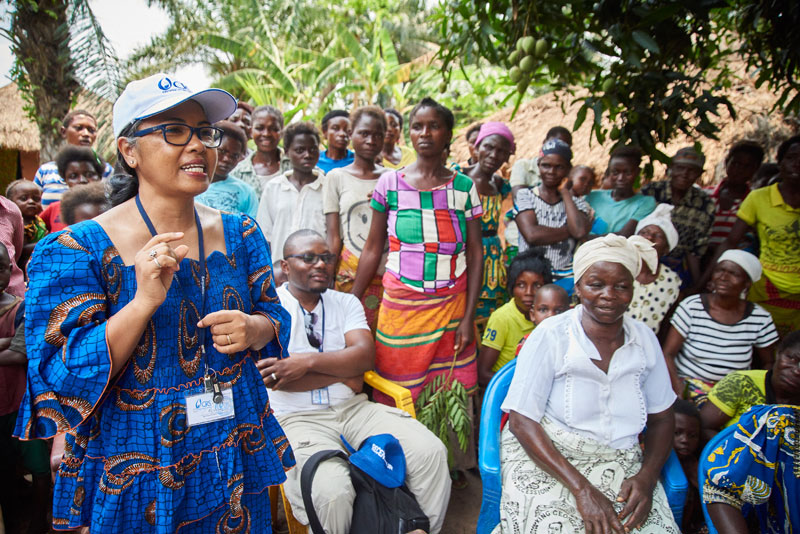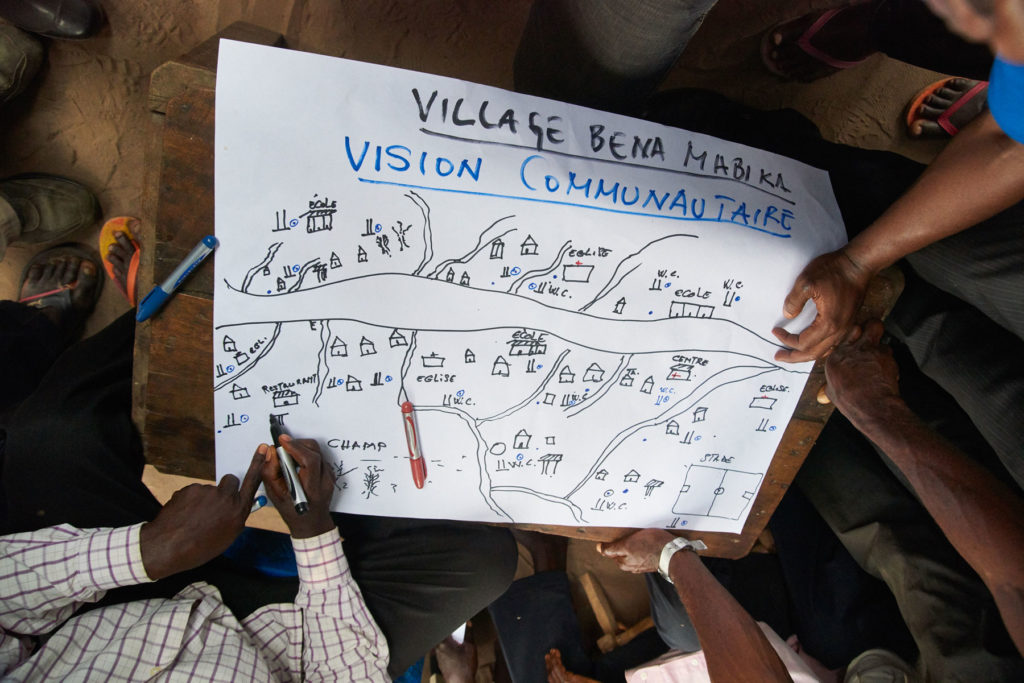Conflict has devastated the Kasai region of the Democratic Republic of Congo. It has left behind a complex humanitarian crisis.
A ruined landscape confronts survivors returning home: villages burned, fields stripped of crops, disease epidemics on the rise. Three planting seasons have been missed.
people are hungry
children with severe acute malnutrition
Without aid, many vulnerable people will simply not survive the hardships they face. “This is a truly disastrous humanitarian emergency,” says Jean-Pierre Pokavu of Caritas Congo. “The needs are enormous.”
Caritas has launched an emergency appeal for the war-affected population, and is already at work distributing food, essential household supplies, hygiene kits. Caritas agencies continue with their long-term support to the region.
Pope Francis has called for a day of fasting and prayer for peace for Congo and South Sudan. The UN has given Kasai its highest emergency rating.
It’s time to break the silence.

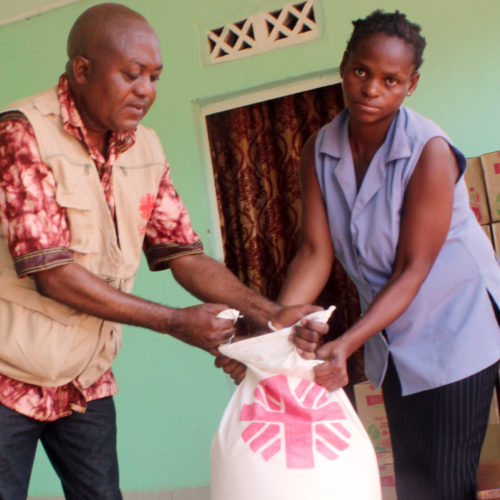
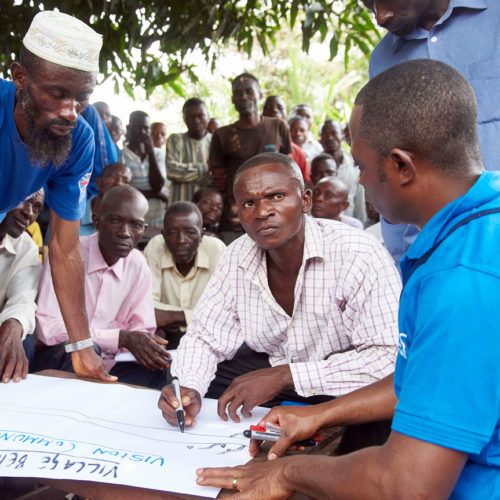
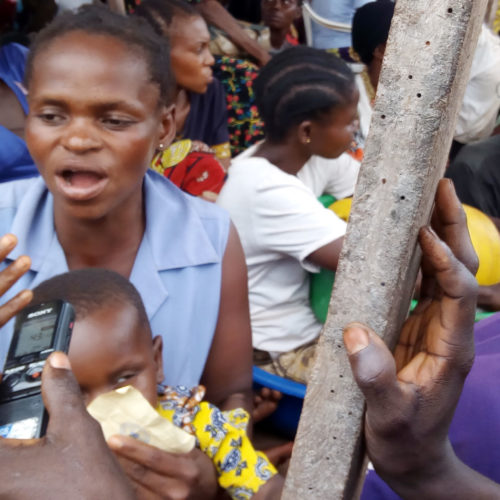
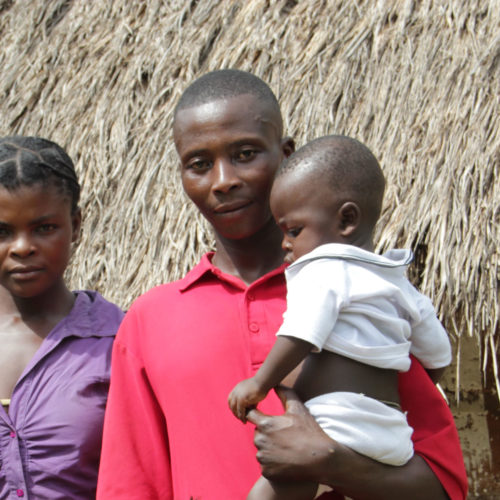
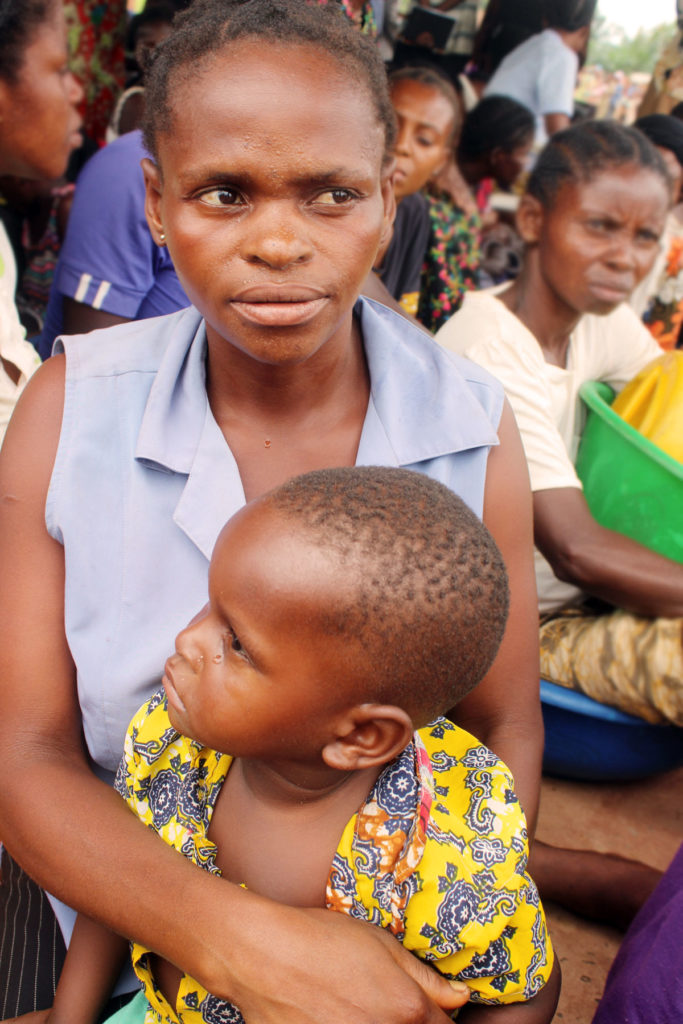

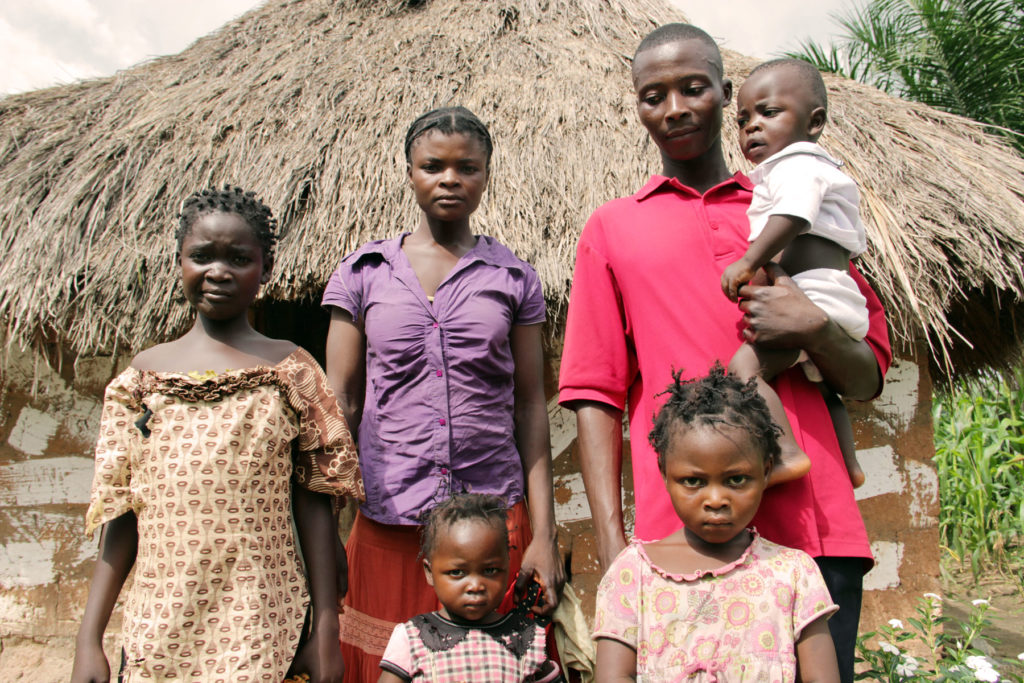
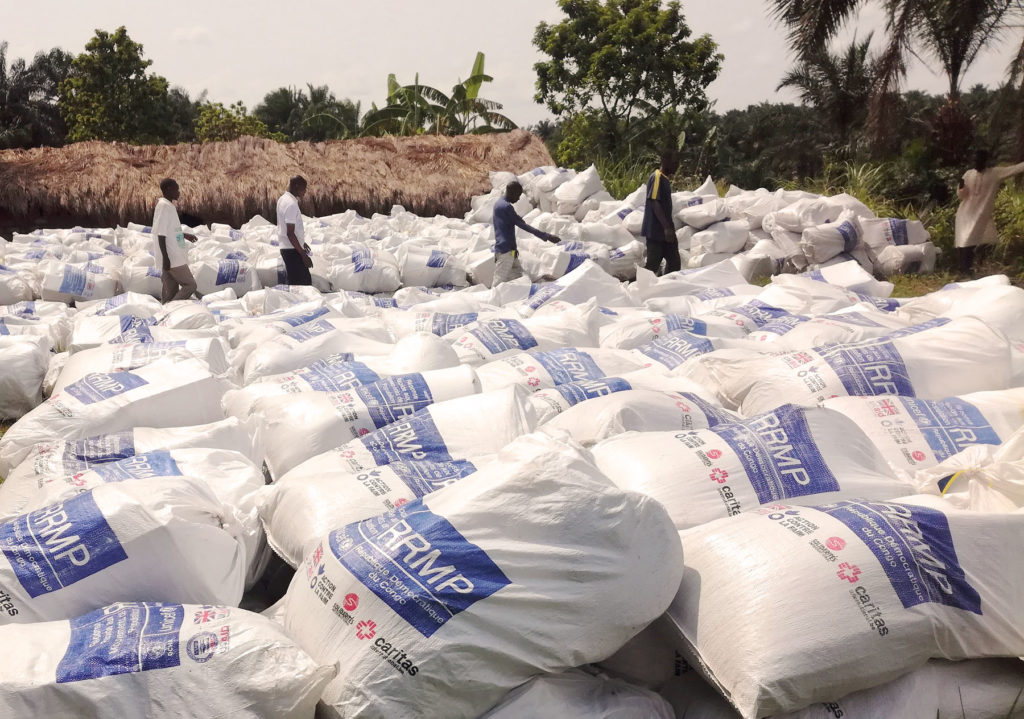 Urgent basic needs of returnees, displaced people and their host families are being met by CRS (Caritas USA), who are working to reach 258,000 people with cash grants, essential household items and food. Special priority is being given to families headed up by women, when so many have lost husbands to the conflict. This is one of several emergency programmes currently being run by Caritas members right across the Kasai region.
Urgent basic needs of returnees, displaced people and their host families are being met by CRS (Caritas USA), who are working to reach 258,000 people with cash grants, essential household items and food. Special priority is being given to families headed up by women, when so many have lost husbands to the conflict. This is one of several emergency programmes currently being run by Caritas members right across the Kasai region.
